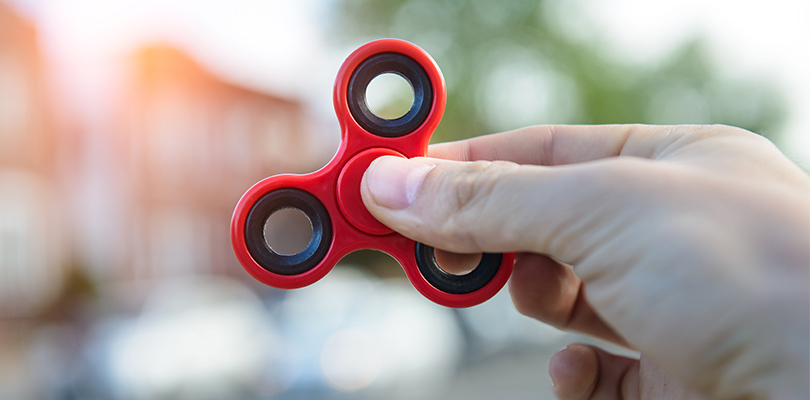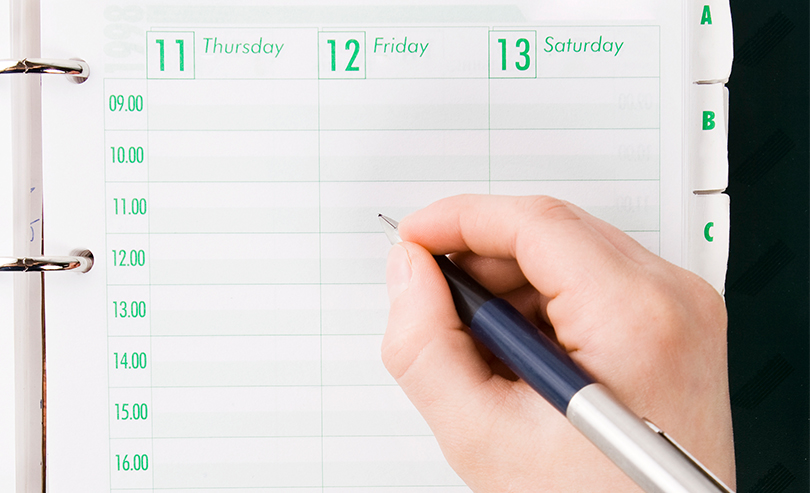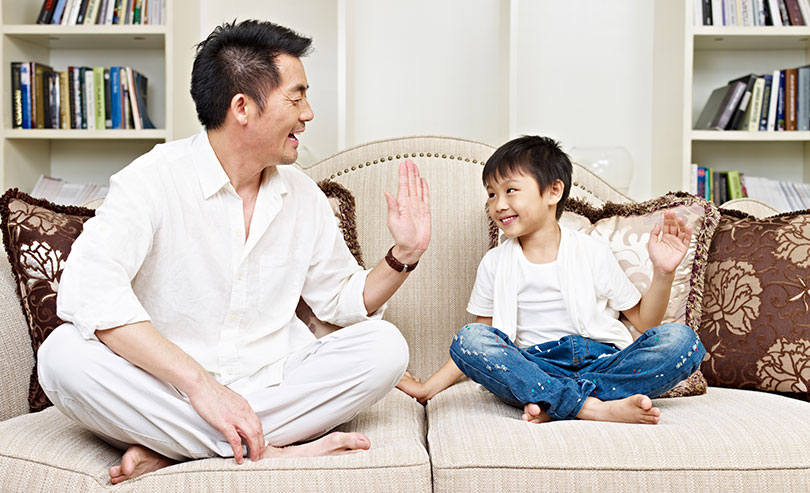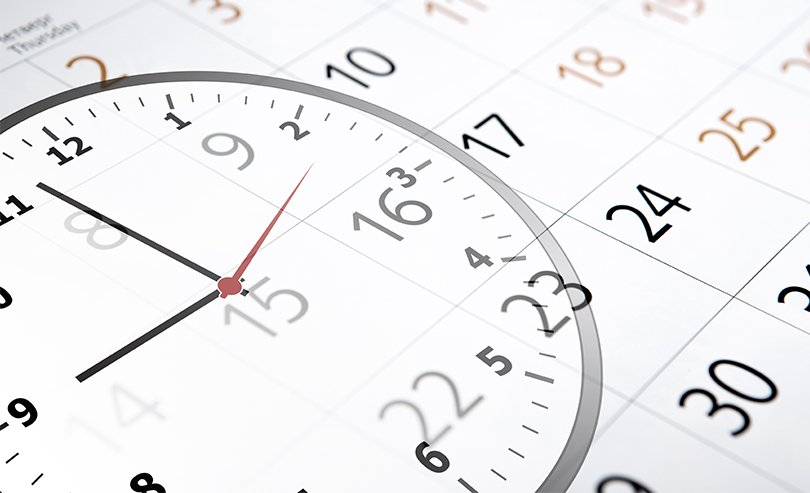Photo Credit: yaruta / istockphoto.com
Parenting a Child With ADHD
Parenting a child who has ADHD may feel lonely, frustrating, exhausting and wonderful. It is certainly filled with surprising turns, opportunities for mutual growth and great love.
I am the parent of an adult child who has severe ADHD. It’s been a tough road at times, however, I am happy to report that my son is one of the kindest, most thoughtful human beings on the planet. He still struggles with attentional issues, employment challenges and impulsivity, however he has enjoyed life and is thriving. I’m telling you this because you may be wondering if your child will be “OK” when he or she grows up.
The statistics about ADHD can be frightening. People who have ADHD have higher rates of social and legal problems than people who do not. Relationship issues, employment problems and substance abuse rates are elevated among people who have ADHD.
The most important think that I can say to you is that your child can grow up to have a wonderful life. The second most important news that I wish to share is that you and your child will both survive the growing up process and be better people for it.
You and Your Child are Experts
Always remember that you and your child are the experts about your child and family. It can be overwhelming to remember this when you are sitting with a group of professionals at a school meeting who claim to know what to do to “fix” your child. That said, remain open to their wisdom. As the saying goes, “It takes a village to raise a child.” This is especially true if you have a child who suffers from ADHD.
Regardless of who you are interacting with, keep your focus on what is in the best interest of your child and ensure that others keep that as the primary goal of any meeting, too. Be respectful of others opinions and keep an open mind. You will likely need to reach outside of your comfort range in order to effectively advocate for your child. While it may not feel good at the time, you will have the satisfaction of knowing that you are doing the best for your child. You will grow as a result.
Unite with Other Parents
Reach out to other parents who have children with ADHD. Being the parent of a child who has special needs can be a lonely place. It can cause strife within your own home. You need the support of others who “get it”. What you do not need is the advice of people who think that their children are “hyperactive” when they do not have a clue about what ADHD really is. You also do not need the input of people who think that you need to “control your child better.”
Be proactive for yourself and your child. There are many groups that provide real help and support for parents of children who have ADHD. You will learn hands on tips that can help your child be successful, find supportive friends, and learn about various approaches to parenting.
If no group exists locally, consider joining an online group. You won’t feel so alone and you will be able to put your struggles into perspective. Compassion, patience, laughter, gratitude, courage, and lasting friendships will be just some of the rewards you will reap.
Being aware of ADHD medication side effects will help you decide what treatment option you should pursue. Common side effects include nausea and headaches.
Provide Opportunities to Socialize
In my opinion and experience, one of the hardest areas for children who have ADHD suffer is socialization. Many children who have ADHD are the nicest kids you will ever meet, but they struggle with friendships. It’s hard to keep friends when you are impulsive, forget to call, or have anger management issues. Some kids with ADHD are incredibly funny. This may help to break the ice at school, but doesn’t always lead to lasting relationships.
Give your child opportunities to interact with other children in arenas where he or she is most likely to be successful. You may need to be creative. Organized sports may or may not be a good fit. Your child may do better swimming or performing gymnastics.
Acknowledge Your Feelings
When my child was young, I could not just say, “Go brush your teeth.” It was: “Pick up the toothpaste, take the cap off, put the paste on the toothbrush…” and so forth. While breaking activities into small steps is very helpful for children who have ADHD, it can be exhausting in the home setting month after month.
Be honest with yourself. Recognize that your frustration is normal. It does not make you a bad parent. If you have a partner, talk openly about each other’s frustrations. For example, two options that I had for making tooth brushing easier were to ask my partner to be in charge of tooth brushing, or we would take turns supervising the process.
Be creative. Discover what works best for your family. If you have other children, make sure that your attention is not just focused on your child who has ADHD. And keep in mind that regardless of how difficult parenting a child who has ADHD is it is much harder for your child.
Recognize your child’s strengths and limitations. Often, the focus is on challenges a child who has ADHD faces. Make sure your child knows that he or she is much more than ADHD.
Take care of yourself. Get a massage, schedule date nights with your spouse. Recognize that it is hard dealing with the challenges of raising any child.
Trust that your child will progress at his or her own rate. He or she will have strengths and weaknesses just like everyone else. Your child is more like others than he or she is different.
Listen to Your Child
Talk with your child. This is just like parenting a child who does not have ADHD. What your child says is important, even if it sometimes sounds insignificant to your adult ears. Start doing this while your child is young, because as your child approaches the teen years he or she, just like every normal teen, is likely to talk to you less often.
Your child may give you clues as to what he or she deals with each day. For example, when my child was in the fourth grade, I was invited by the teacher to sit in the classroom one day. (This is an excellent practice for teachers to offer for all parents.)
I watched my child as he did not complete work, fidgeted, and looked around the room. When I asked him about it, he revealed that three children had gotten up to sharpen their pencils. I hadn’t even noticed the children, however it was very distracting to my son.
A simple change was made in the classroom – children were provided with scheduled opportunities to sharpen pencils. While I cannot say that my child’s spelling grades improved, I suspect that he was able to concentrate better and I would venture to say that other children benefited as well. I gained insight into how trivial disturbances can disrupt the thinking and concentration of a child who has ADHD.
Know That You Are a Great Parent
You would not be reading this right now if you were not a fabulous parent who wants the best for your child. Remember to enjoy your child every day. It is easy to get so focused on needs that we forget the “good stuff,” when really, the joys far outnumber the challenges.
I cannot say that it is easy to raise a child who has ADHD. What I can say is that you and your child can have a wonderful life. By working and playing together you will each become stronger, wiser, more loving people than if your child did not have ADHD.







